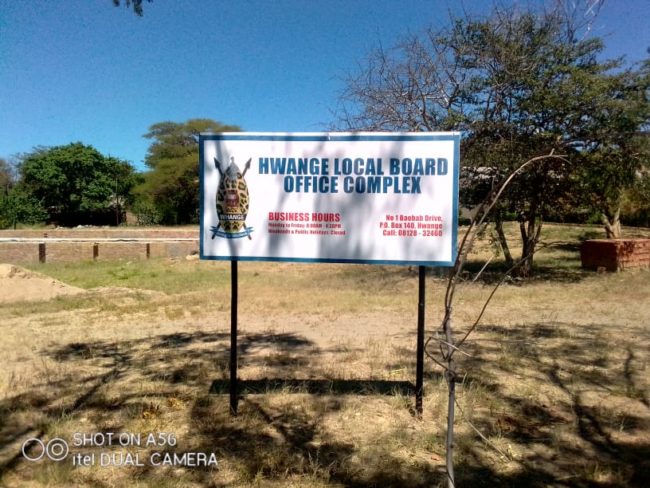National
HLB moves in to supply water to Empumalanga residents
-

 Slider2 years ago
Slider2 years agoInnscor launches brewery to produce Nyathi beer
-

 National2 years ago
National2 years agoCommission of inquiry findings fail to be tabled as Victoria Falls councillors fight
-

 Tourism and Environment3 years ago
Tourism and Environment3 years agoStrive Masiyiwa’s daughter opens luxury Victoria Falls lodge
-

 National3 years ago
National3 years agoIn perched rural Matabeleland North, renewable energy is vital
-

 National2 years ago
National2 years agoVictoria Falls’ pilot dies in helicopter crash
-

 National3 years ago
National3 years agoVictoria Falls bartender gored to death by elephant
-

 National1 year ago
National1 year agoHwange coal miner fires workers over salary dispute
-

 National2 years ago
National2 years agoVictoria Falls town clerk digs in, says won’t be forced to resign






